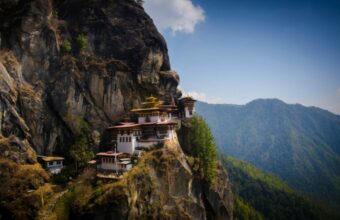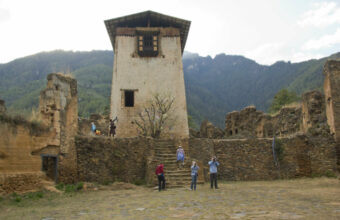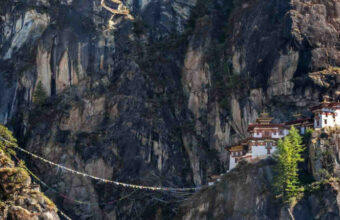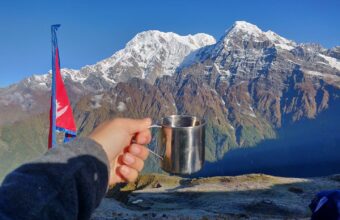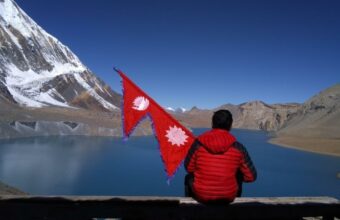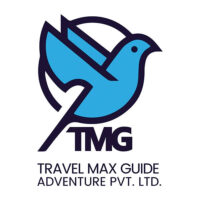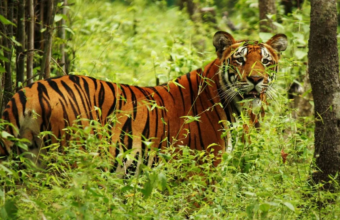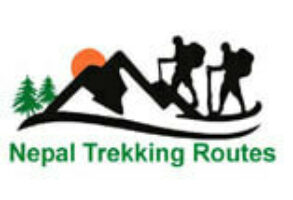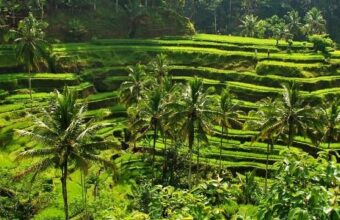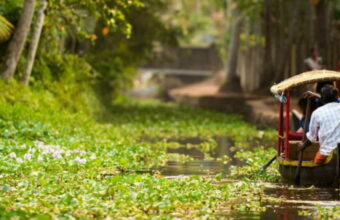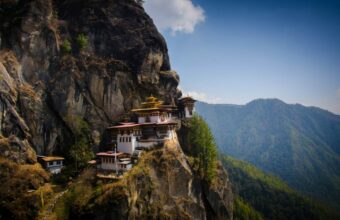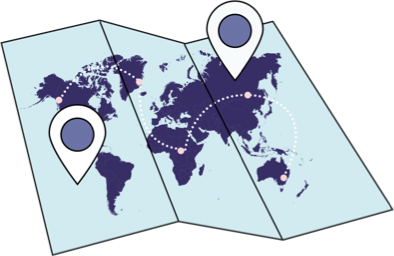Bhutan
The Himalaya's last Hermit Kingdom
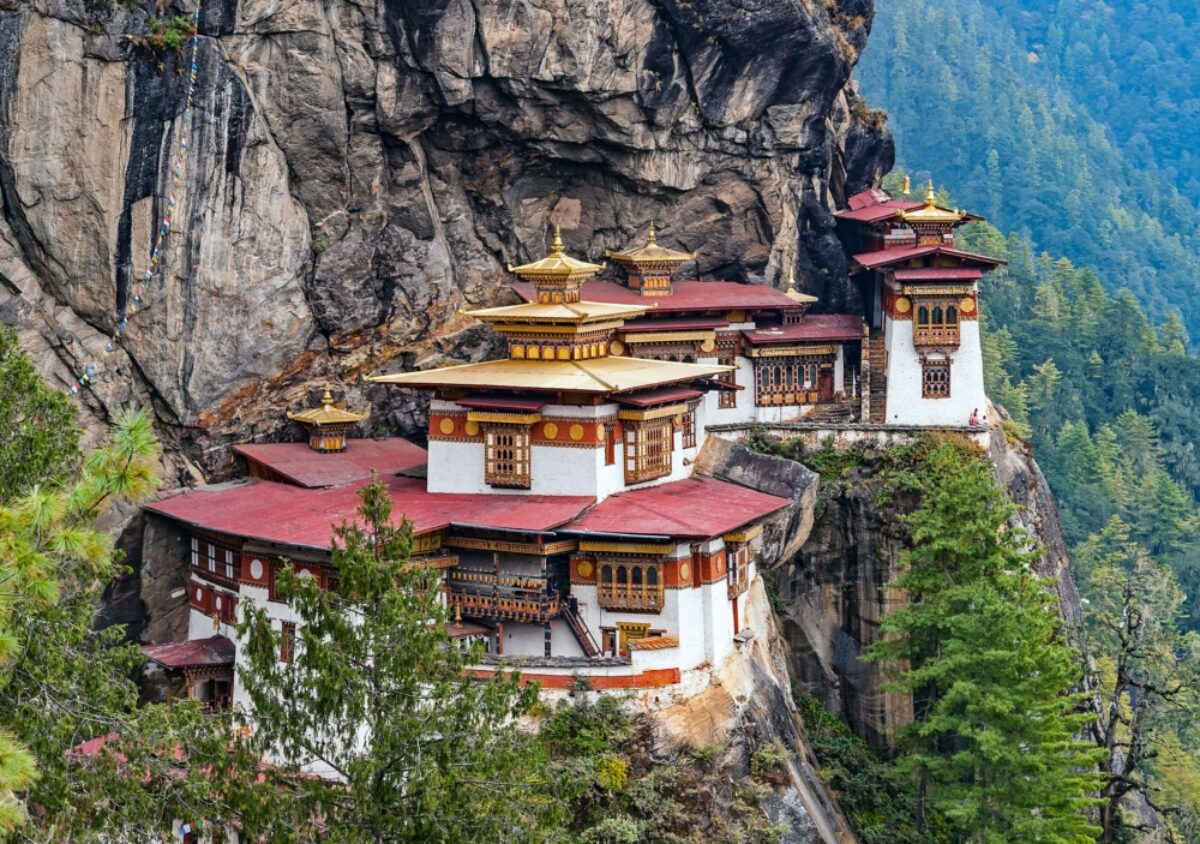
Bhutan offers the kind of Himalayan trekking that few know about. It has all the huge snow-capped peaks you'd expect along the border with Tibet, plus plenty of epic high passes, glittering turquoise glacial lakes and even the occasional snow leopard.
What it doesn't have is Nepal-style crowds or the infrastructure of trekking lodges and tradition of independent trekking. Trekking here is all organised, expedition-style, and costs more than anywhere else in the Himalaya.
Trekking in Bhutan
An expert guide to the best treks in Bhutan
Trekking in Bhutan promises a glimpse of the Himalaya that few get to experience. The country has all the huge snow-capped peaks you'd expect along the border with Tibet, plus plenty of epic high passes, glittering turquoise glacial lakes and even the occasional snow leopard. What it doesn't have is Nepal-style crowds or the infrastructure of trekking lodges and tradition of independent trekking...read more
-
Thimpu
... -
Punakha
... -
Paro
... -
Taktsang Monastery (Tiger's Nest)
... -
Trongsa
... -
Bumthang
... -
Punakha
...

